Wednesday, February 23, 2022 / 06:00 AM / by Proshare Research/ Header Image Credit: EcoGraphics
The importation of Capital over the 9 months to September 2021 dropped by US$4.08bn (N1.68tn). During this period, Foreign Portfolio Investment contributed the most significant amount to capital inflows, accounting for US$4.31bn or 73.61% of the total capital importation, followed by 'other investments,' which accounted for US$1.33bn or 22.73%; then the Foreign Direct Investment which accounted for 3.66 percent or US$214.25m. In terms of sectors, the banking industry led the chart by contributing US$2.99bn to the total capital importation in Q1 2020.
In the second quarter of 2020, the aggregate capital inflow fell by 77.8 percent to US$1.29bn when compared to the preceding quarter. The most significant amount of capital importation by type was received through 'other investments,' which accounted for 58.77 percent (US$761.03m) of the total capital imported, followed by FPI which accounted for 29.76% (US$385.32m); and then the FDI which accounted for 11% (US$148.59m) of the total capital imported in Q2 2020. By sector, capital importation by shares dominated in the second quarter of 2020, reaching US$464.57m of the total capital importation. Capital importation, however, rose to US$1.56bn in the third quarter of 2020, representing an increase of 12.86 percent compared to Q2 2020. The 93% Q-O-Q rise in capital inflows in Q3 was driven mainly by other kinds of investments besides the FDI and the FPI, the NBS said.
According to the Bureau, 'other investments' accounted for 43.75 percent (US$639.44m) of the total capital importation, while the FDI and the FPI contributed US$414.79m and US$407.25m, respectively. Further analysis showed that in Q1 2021, the total value of capital importation was US$1.90bn, which represented a decline of US$3.95bn when compared to the same quarter in 2020. Capital importation, however, declined to US$875.62m in Q2 201, representing a decrease of US$415m compared to the US$1.29bn recorded in Q2 2020
Capital importation into Nigeria had declined by 54% Q-o-Q to settle at US$875.62 million in Q2 2021, compared to US$1.91 bn recorded in Q1 2021. In both periods, Capital importation was dominated by Portfolio Investment of US$974.14m (51%) and US$551.37m (63%), respectively. In Q2 2021, lower capital importation occurred despite Capital investment by the Stanbic Group in Stanbic IBTC Bank plc had accounted for the overall growth in capital importation.
Nevertheless, on a quarter-on-quarter basis, capital importation dropped by 43.3%, reflecting the widening premium gap in that period and weakened inflows into the money market. Over the two quarters, FDI declined 49.6% Q-o-Q due largely to the level of Insecurity, the country's huge infrastructure gap, and structural rigidities that serve as a disincentive to investment. The United Kingdom turned out as the top source of capital investment in Nigeria in Q22021 with US$310.26 million. This accounted for 35 % of the total capital inflow in Q22021. "By Destination of Investment, Lagos state emerged as the top destination of capital investment in Nigeria in Q22021 with US$780.06 million.
This accounted for 89 % of the total capital inflow in Q22021 (see chart 8 below).
Chart 8: Capital Importation (USUS$'bn) (Q1 2016-Q3 2021)
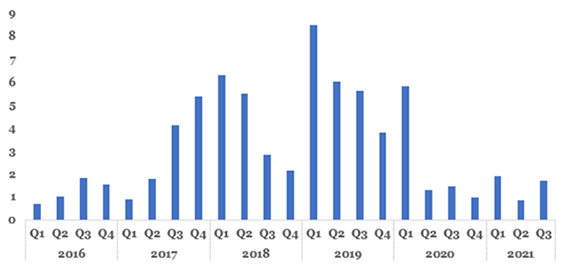
Source: NBS, Proshare Research
Determinants Of Capital Importation In 2021
Capital Importation in 2021 dipped substantially due to the upward trend in inflation, which averaged 17% in the year, exceeding the single-digit inflation target of the CBN; with the threat of capital depletion, investors are forced to consider climes with more excellent price stability. The management of FX in Nigeria by the CBN, mainly the choice of maintaining multiple exchange rates, has been identified as a significant factor responsible for falling capital importation. As it relates specifically to FDI, Insecurity, policy inconsistency, and the weakness of Institutions are responsible for the absence (see table 6 below).
Table 6: Drivers of Capital Importation in 2021
 Lagos, NG • GMT +1
Lagos, NG • GMT +1










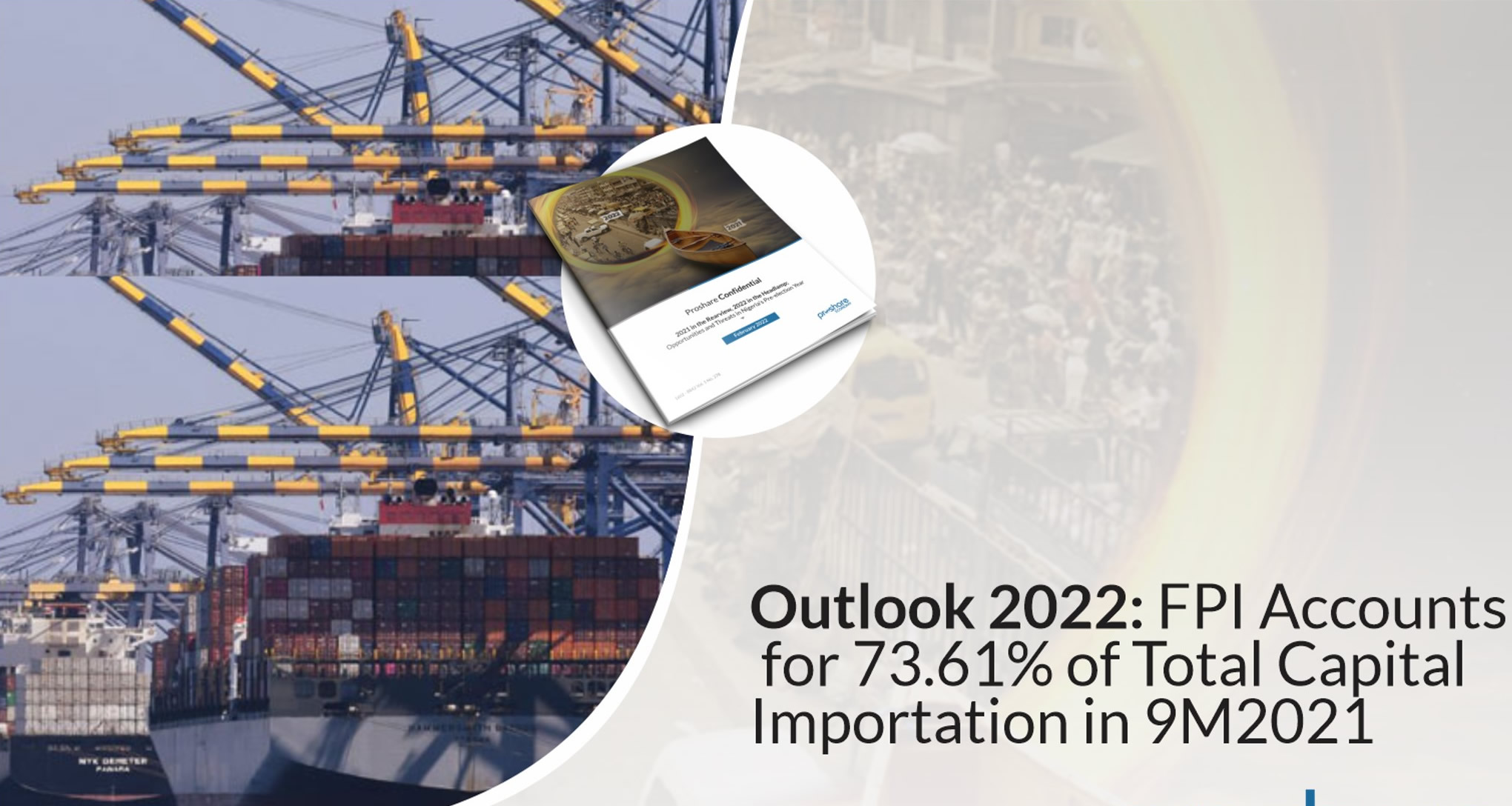
 143 views
143 views
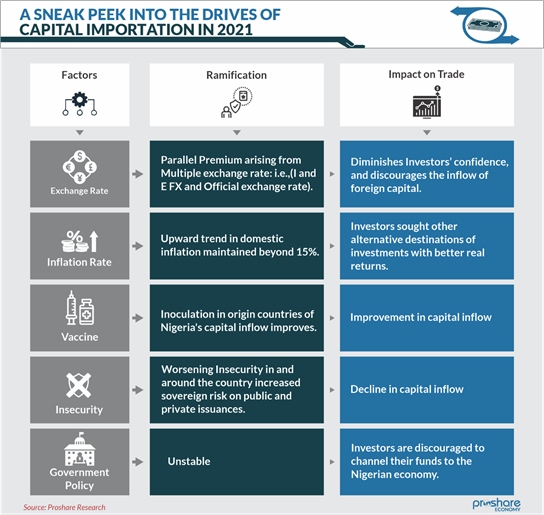
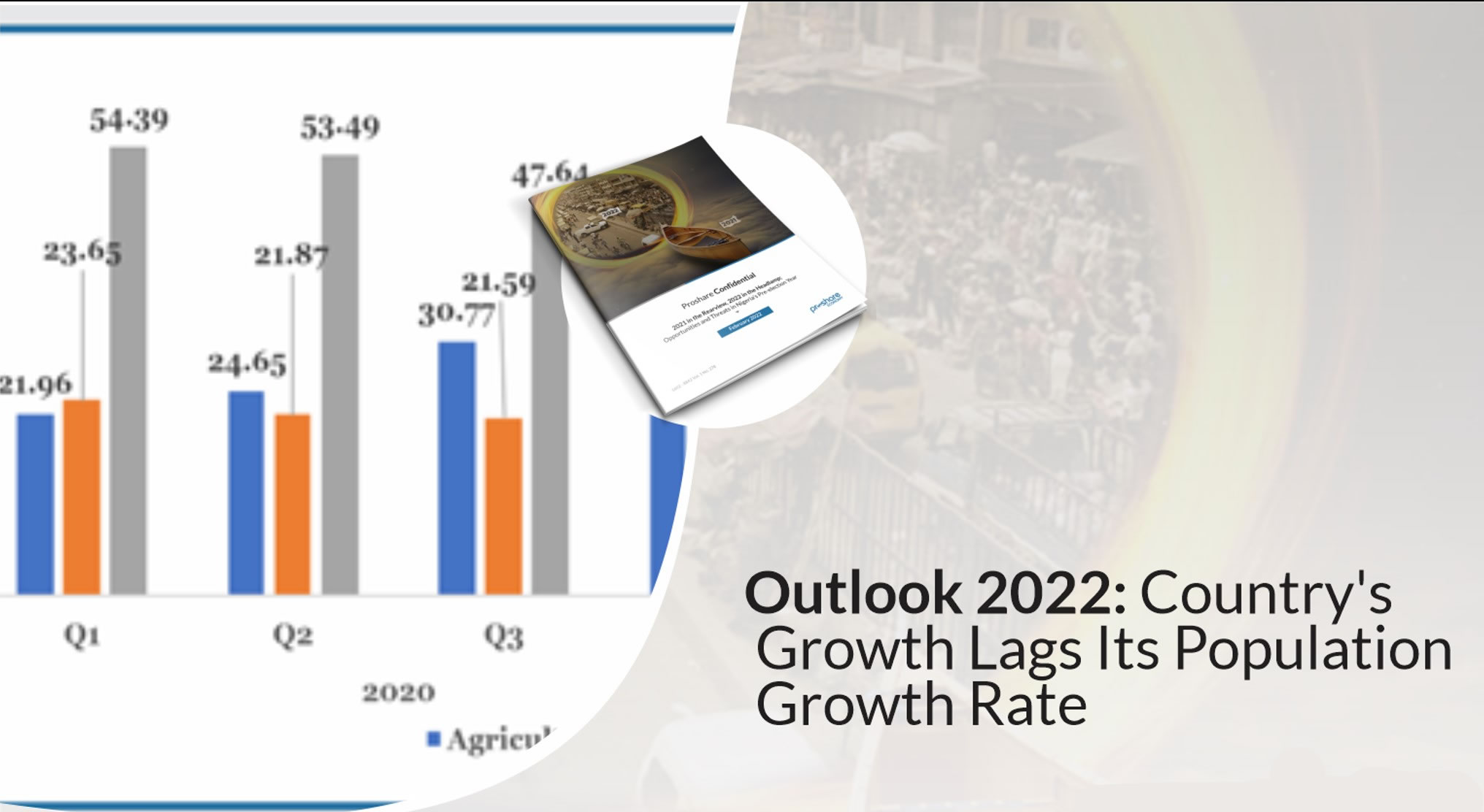

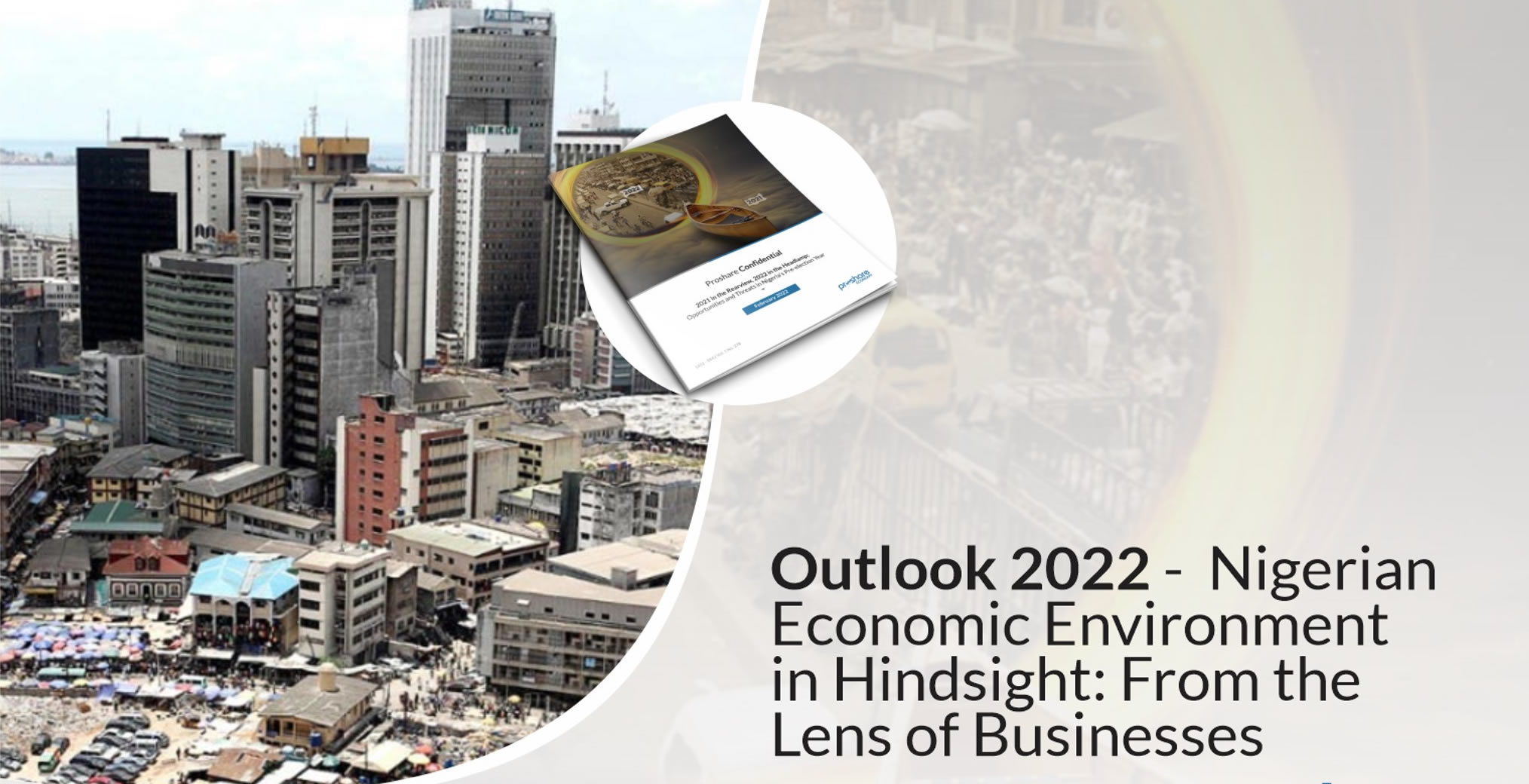





 Sponsored Ad
Sponsored Ad
 Advertise with Us
Advertise with Us









